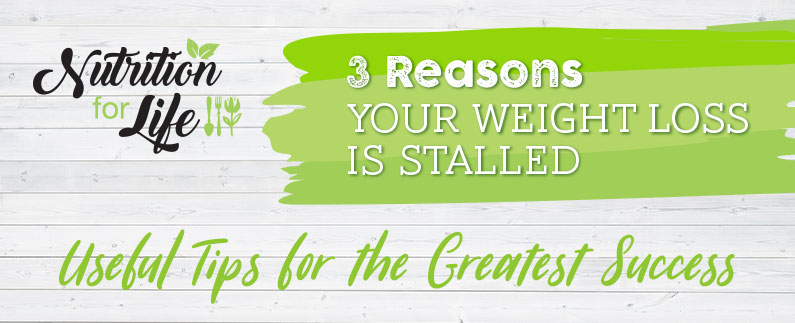I Just Started My Weight Loss Journey… Why Am I Stalling?
“I finally did it!! I’ve been overweight most of my life… I tried dieting, exercising, but I can’t say no to food. My friend did the gastric sleeve and lost 100 pounds in the first 6 months. I lost 22 pounds in the first 3 weeks but NOT A SINGLE POUND on week 4!!! What is going on? What am I doing wrong? I need some help or tips, this is frustrating!!”
Does this sound familiar?
Most of us have thought about doing this procedure for years, and many have spent weeks or months preparing. This is supposed to be the new beginning; the fresh start. For that reason, it is understandable why frustration and panic sets in when we lose the momentum and hit our first STALL. For the most part, patients aren’t doing anything wrong. The body just needs to adapt.
If you recall, you were instructed to follow a very specific low calorie, low carb, low fat diet 2 weeks before procedure. This was to shrink your liver and decrease your chances of complications during surgery. Your liver shrinks because you are using up your stored glycogen in your liver for energy. But chances are you haven’t depleted your liver glycogen in years. So this is a shock to your system. In addition, you just had a traumatic experience to your body. We have to remember that we’ve lived a certain way (typically unhealthy) for the greater part of our lives. We can’t expect everything to flip a switch in 30 days. It’s more likely your body is trying to restore the size of your liver, adjust to the changes, and re-create a new norm.
No matter what, weight loss will take time, and weight stalls are not a “what if and why,” it’s more of a “when”. The first month’s rapid weight loss is most likely due to a combination of water, muscle, and fat. But long term fat loss is a slow process that will require consistency.
Here are a few tips to give you the tools for the greatest success:
- Stay hydrated – Aim for 64oz daily to ensure adequate metabolism for weight loss, immune function, regular bowel movement, and overall wellness.
- Consume more than 600 calories daily. Due to the nature of this procedure (reducing intake volume), it is possible to eat too little calories we adjust. If you are consistently eating less than 600 calories your body can see this as a threat on your life. Our bodies are designed to survive, so for the sake of self preservation, our bodies will start storing calories as fat. So make sure you are eating enough to prevent this from happening.
- Make sure you’re taking your supplements to facilitate your metabolism and getting the proper nutrients to ensure efficiency.
Remember you’ve just experienced trauma in the area where nutrients start. So give your body the tools it needs. You can modify a clunker to be the fastest on the road… but it’s still not going to run without gas.




